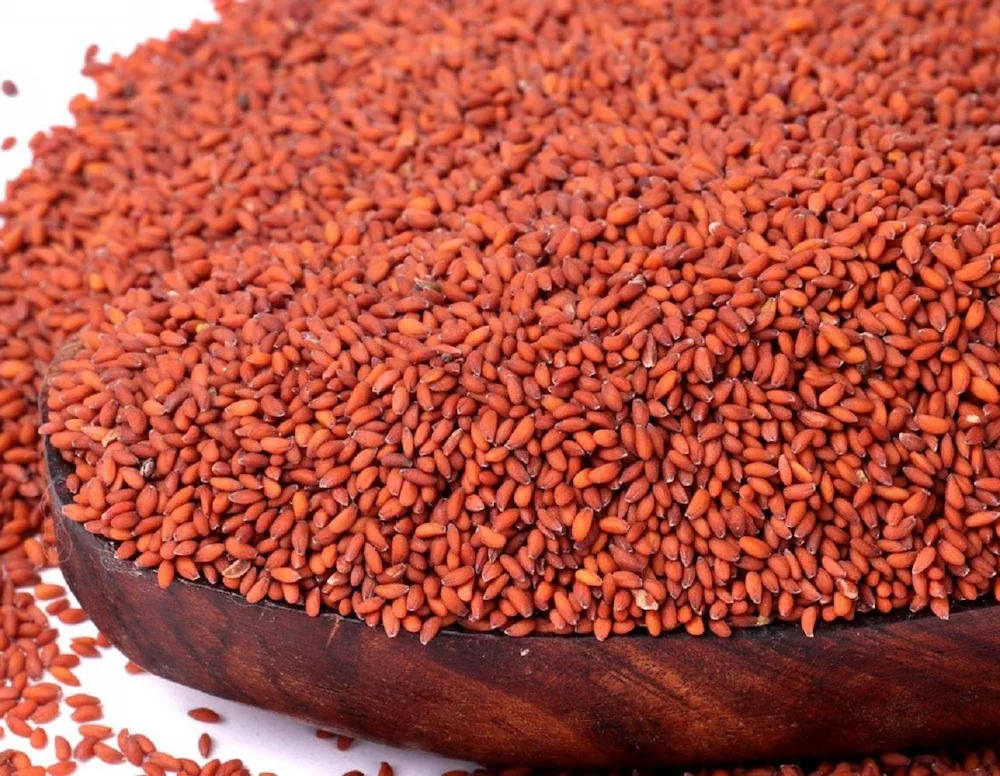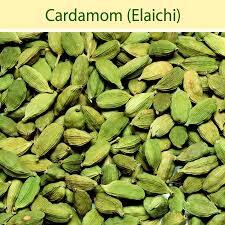Description
Specification
Botanical Name
- Lepidium sativum
Common Names
- Asaliya seeds
- Garden cress seeds
- Halim seeds
Forms
- Whole Seeds: Used in various culinary and medicinal applications.
- Ground Seeds: Powdered form used in supplements and recipes.
Origin
- Native Region: Native to the Middle East and cultivated in regions like India, Europe, and North America.
- Cultivation: Widely grown in temperate climates across the world.
Nutritional Benefits
- Rich in Nutrients: Asaliya seeds are a good source of protein, iron, folate, vitamins A, C, and E, and dietary fiber.
- Essential Fatty Acids: Contains beneficial fatty acids that support overall health.
- Antioxidants: Packed with antioxidants that help fight free radicals and reduce oxidative stress.
Health Benefits
- Digestive Health: Helps promote digestion and prevent constipation due to its high fiber content.
- Bone Health: High calcium content supports strong bones and teeth.
- Boosts Immunity: Rich in vitamins and antioxidants that help strengthen the immune system.
- Lactation Aid: Traditionally used to increase milk production in nursing mothers.
- Anti-inflammatory: Contains compounds that help reduce inflammation in the body.
- Blood Health: High iron content helps in preventing anemia.
-
Asaliya Seeds in other Languages:
Arabic – حب الرشاد (Habb Al-Rashad)
French – Cresson de jardin
Spanish – Berro de jardín
German – Gartenkresse
Italian – Crescione







